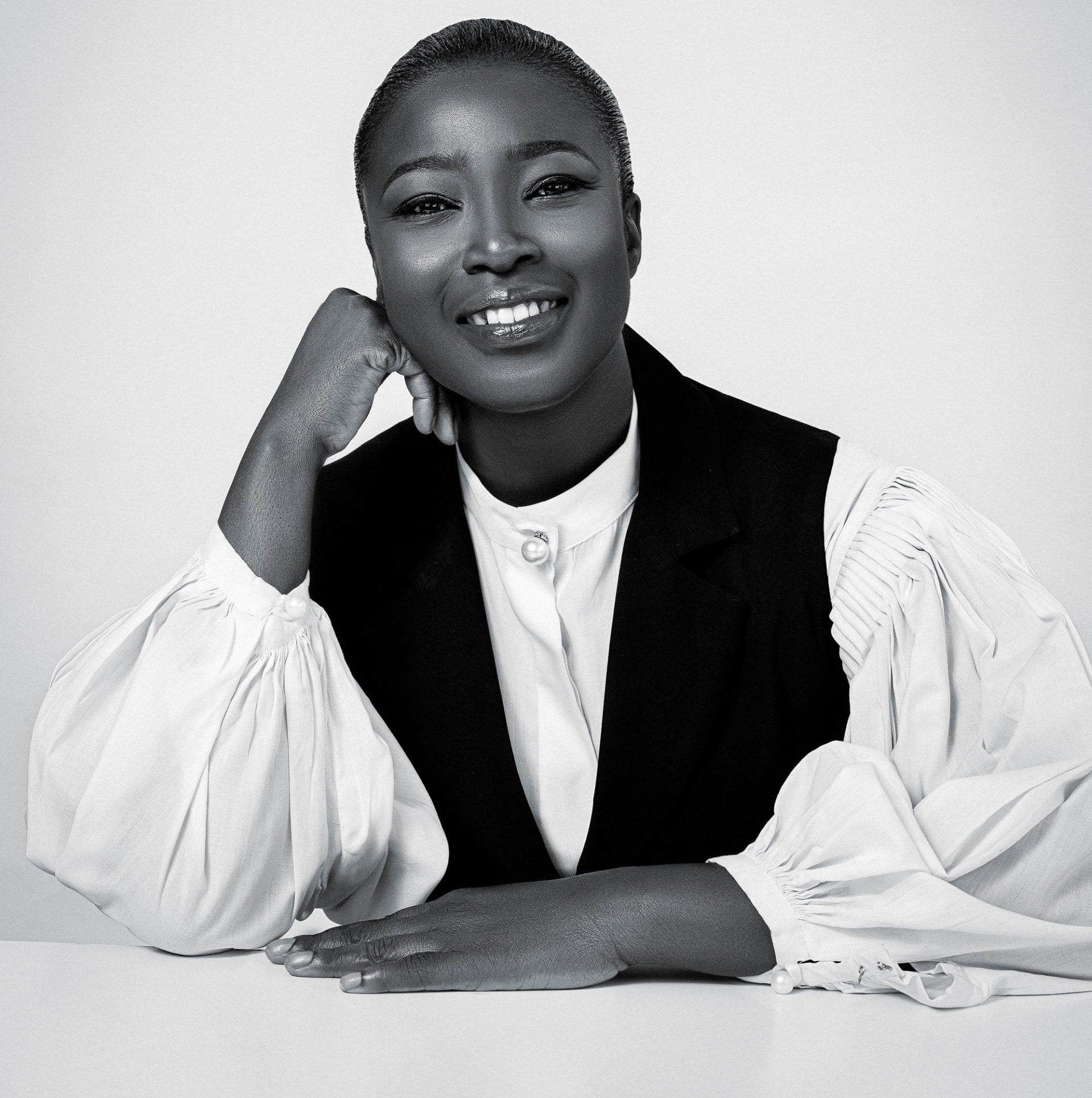Ghanaian entrepreneur Alima Bello, the founder of Bello Edu, would have been toiling away in a greasy oil seed factory had she not chosen to ignite her passion for contemporary fashion design.
Fashion and art are often synonymous. Just ask Ghanaian fashion entrepreneur Alima Bello, who in 2014 launched a contemporary womenswear brand named Bello Edu.
“We describe the clothes we are making as canvases for women,” says Bello on her body of work.
And as with every canvas, this dream too started on a blank sheet of paper.
As creative director of the brand, humble beginnings preceded international acclaim, such as showcasing her work on prestigious platforms like the Portugal Fashion Week as well as being stocked in retail outlets across Africa.
Loading...
The challenges included facing an industry that makes it difficult to raise capital to fund entrepreneurial dreams.
“Fashion is such a seasonal business, and a lot of traditional finance institutions don’t understand how it works. It takes time,” says Bello, reiterating the words of most startup founders in the fashion sector.
“The way the fashion cycle works; you get a loan, you do your samples, you start taking your photographs, start doing your campaign, start getting your pieces into retailers and that takes about three months before you start seeing any income from your designs.”
Bello had to bootstrap her dream by creating capital working several odd jobs. Her career also did not take a linear path.
Growing up in her hometown in Kumasi, Bello was expected to graduate with a degree in business management from the University of Ghana and promptly join the family business.
“As a first-born child to a Yoruba man, my father expected me to finish school and join him in the family business and he designed my life that way – go to school to study business management and then finish and come back and work in an oil seed factory where we were processing soya bean oil, palm kernel oil and refining as well.”
That would have been a slippery slope, but thankfully, serendipity came calling.
Bello was privileged enough to have her father fund her travels abroad during school breaks when she would indulge in her love of fashion. But after graduation and once she started working for him, he told her she must buy her own tickets to London because he was no longer paying for them. It meant she couldn’t shop abroad and had to relegate her fashion choices to the boutiques of Kumasi.
“[But] if I found stuff I liked, they wouldn’t have the color or size I wanted,” recalls Bello.
The only alternative was to start making her own clothes. That interest transformed into a calling and with that, Bello managed to convince her father to let her follow her dreams to pursue fashion.
“It took me two to three years to convince him that I wanted to move to Accra to start my business. But when I moved, I couldn’t find a fashion job with any established designer or brand. So, I found a job with a furniture company that had an interior design unit.”
Bello’s thinking was if she could find a job and see how brands interacted with customers, it would give her a better understanding of what customers were looking for and see how the customer-facing side of the business worked. But that did not pan out well and she found a part-time job in an ad agency doing administrative work and spent her spare time “pattern-drafting”.
Although she was garnering interest with her designs and being invited to showcase her work on some platforms like other designers, Bello decided to take some time out and focus on building her brand.
“It took some time to define who the Bello Edu target is; who am I designing for and what my brand story is. I took my time to answer these questions; trying to flesh out the ‘why I want to do this’ and ‘for whom am I doing this’.”
After some soul-searching, she finally understood.
“The Bello Edu woman is 33 to 35. She is a hard-working woman and confident of who she is. She likes to splurge every now and then but is very conscious about where her money goes. She can buy a luxury bag and a t-shirt from Zara and pants from Bello Edu. She doesn’t take herself way too seriously and she takes life as it comes.”
And with that, came the biggest turning point in Bello’s career. She rented her first brick and mortar store in 2017 and that is when it became “real”. Then came the challenges. By 2018, Bello had depleted her entire life savings trying to keep the business afloat. Although the brand was attracting some sales, the money was not enough to sustain the business.
“I would get so stressed that my jaws would lock up. I had dried up everything and I had workers depending on me. We were not making enough to [even] pay for our overheads,” says Bello.
Then 2020 came and Covid-19 hit. What should have spelled the end of her business brought unexpected respite. “When the lockdown happened, along with the Black Lives Matter movement, there was a boost in sales for black-owned businesses. We got featured on certain platforms and there were more eyes on the brand and that is what helped to boost sales and keep as alive. We didn’t have a marketing budget and everything we have done today has been based on word-of-mouth.”
Today, the brand is in a much more comfortable space and the vision has evolved, she admits. “African fashion had become so popular, and the prints were so bold and in your face. My personal taste is very minimal when it comes to the choice of colors and prints. I wanted to create a brand that would serve as a canvas,” says Bello of her minimalist designs but maximum dreams.
Loading...
